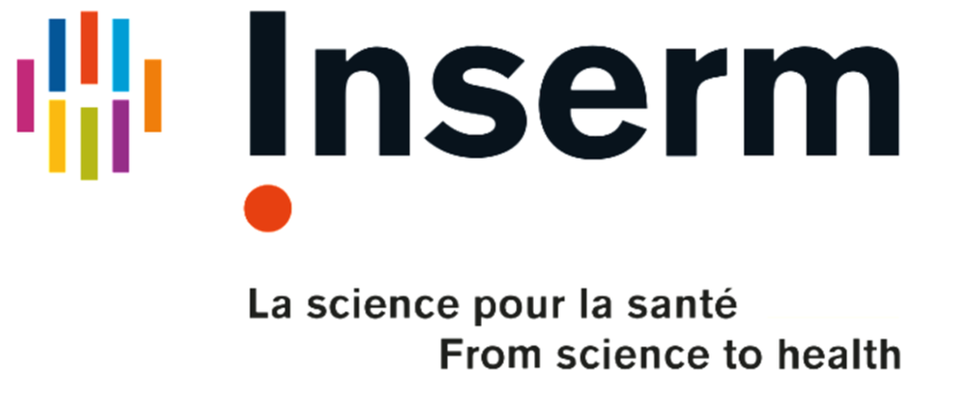Vittoria Colizza
Head of Research
INSERM
Sorbonne Université Faculté de Médecine Paris, France Distinguished Visiting Fellow Georgetown University Dept of Biology Global Health Institute Massive Data Institute Washington DC, USA email: vittoria.colizza (at) inserm.fr twitter: @vcolizza high-res photo: full, crop |
Short bio Vittoria Colizza is Head of Research at INSERM (French National Institute for Health and Medical Research) and Sorbonne Université, Faculty of Medicine, in the Pierre Louis Institute of Epidemiology and Public Health, within the 'Communicable Diseases Surveillance and Modelling' team where she leads the EPIcx lab (Epidemics in complex environments). She is an expert of mathematical and computational modeling to evaluate the risks associated with epidemics and pandemics, anticipate their spread, and assess the effectiveness of prevention and control strategies. Her research informs public health policies, taking into account population behavior in terms of contacts and mobility, from traditional and digital sources. Colizza currently holds a position as Distinguished Visiting Fellow at the Georgetown University Dept of Biology, the Georgetown Global Health Institute, and the Massive Data Institute in Washington DC, USA.
Trained as a physicist (PhD in Statistical and Biological Physics in 2004 at the International School for Advanced Studies in Trieste, SISSA, Italy), she worked at Indiana University (US) in the School of Informatics as post-doc (2004-2006) and visiting Assistant Professor (2007), and joined ISI Foundation (Turin, Italy, 2007-2010) after being awarded an ERC Starting Grant in Life Sciences in 2007. In 2011 Colizza joined INSERM in Paris, and was promoted Head of Research in 2017. In 2020-2022 she was Visiting Professor at the Tokyo Institute of Technology in Japan. Colizza has been active in the response against COVID-19 pandemic, advising French public health agencies and government authorities. For her work on the pandemic, in 2020 she received her Knighthood of the Order of Merit of the Italian Republic by the Italian President Mr. Mattarella; in 2021 she was awarded the prix Irène Joliot Curie – Prix spécial de l’engagement by the French Academy of Sciences and the French Ministry of Research; in 2022 she was nominated Chevalier in the Order of the Légion d'honneur by the French President Mr. Macron. Colizza is Fellow of the Network Science Society since 2022. She is co-President of the Action Coordonnée Modélisation des maladies infectieuses (Concerted Action on Modeling infectious diseases) of the ANRS-MIE. Honors, awards, service Colizza received a number of honors and awards, including:
Colizza currently serves as:
Featured in the media (selection)
|
|
EPIcx lab, 27 rue Chaligny, 75012, Paris, France
INSERM - Institut national de la santé et de la recherche médicale
Sorbonne Université, Faculté de Médecine
IPLESP UMR-S 1136, site Hôpital St Antoine
INSERM - Institut national de la santé et de la recherche médicale
Sorbonne Université, Faculté de Médecine
IPLESP UMR-S 1136, site Hôpital St Antoine





